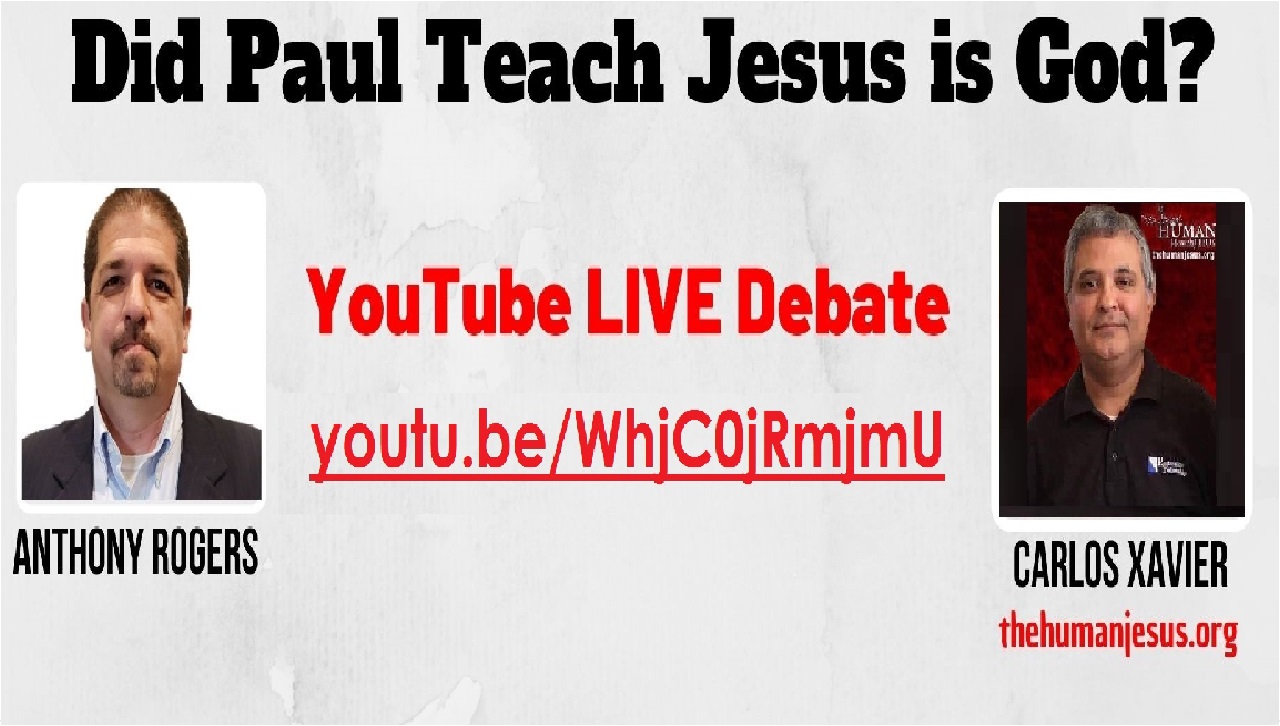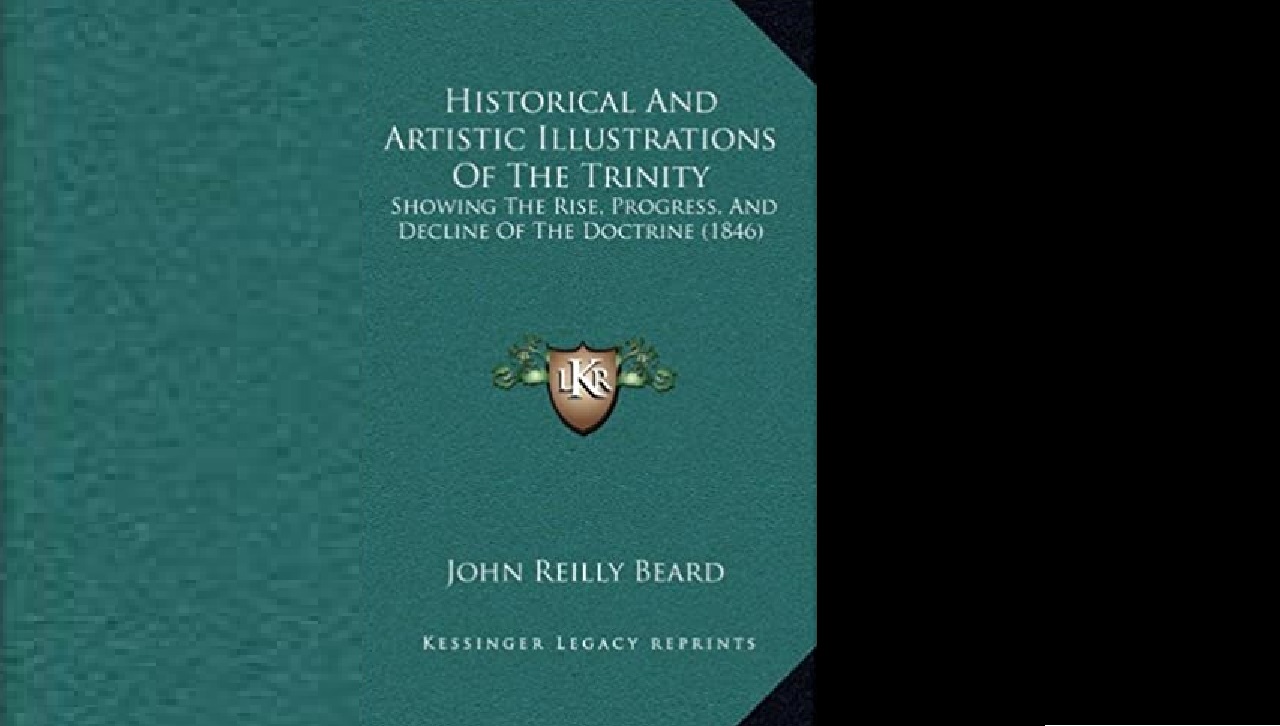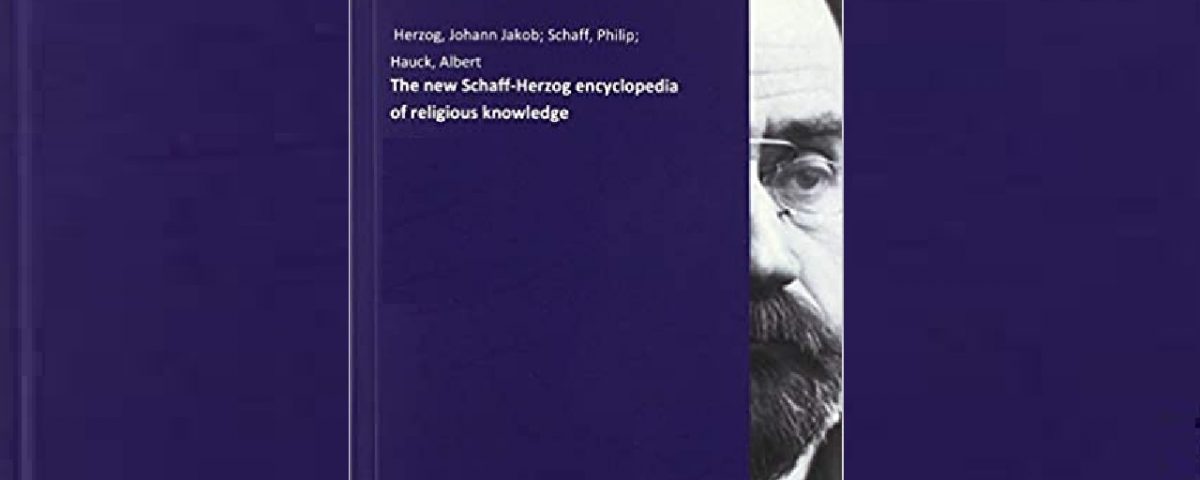
For Paul Jesus is the lord Messiah not the LORD God
July 1, 2020
Historical and Artistic illustrations of the Trinity, John Relly Beard, 1846.
July 1, 2020New Schaff-Herzog Encyclopedia: angel of the Lord

2. The NT conception not different from the Old
In the New Testament the angel of the Lord occurs only when an angel has been previously mentioned (Matt. i. 24; Luke i. 11, 13, ii. 9, 10, 13; Acts xii. 7, 11, vii. 30, 38, Gk, text). There is no thought of an identification of the angel with the Lord. That the conception is different from that of the Old Testament cannot be proved, and such an assumption is not in accord with Stephen’s references (Acts vii. 30-35) to the appearance in the burning bush (Ex. iii.). But the distinction between the angel and Yahweh does not hinder from making the angel speak as Yahweh or from speaking of the angel as of Yahweh. It follows that the distinction cannot be a product of later times.
The angel is not the Logos, the second person of the Trinity, as assumed by the Greek Fathers, the older Lutheran dogmaticians, and Hengstenberg; nor is he merely a theophany (Vatke, De Wette, Wellhausen, Kosters, and others). The former view is not consistent with the New Testament revelation, which makes it impossible to find in the Old Testament a knowledge of the threefold character of God; and the latter falls because a “mission,” not an “appearance,” of God is always spoken of.
The true Biblical conception of the “angel of Yahweh” is that of a created being (Neh, ix. 6), belonging to the heavenly hosts (Augustine, Jerome, Hofmann, Riehm), who represents God, but is in no way identified with God.
The fact, that in the New Testament the angel of Yahweh recedes, does not justify the assumption that he is a type of Christ. A realization of God’s presence through angels and the communication of his revelation by them was as necessary in the old covenant as the revelation and presence of God in Christ or in the Holy Spirit are in the new (cf. Acts vii. 38; Gal. iii. 19; Heb. ii. 2). The angel has no more place in the new covenant because the first has been made old and is “ready to vanish away” (Heb. viii 13).
The New Schaff-Herzog Encyclopedia of Religious Knowledge Volume 1, 1908, pp 175-76.
